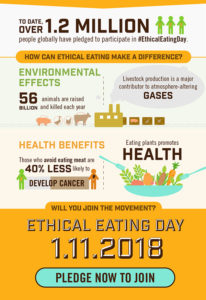Mental well-being is about your quality of life: realizing your abilities, dealing with day to day stress, have meaningful relationships, working and contributing to family and community.
 About 80% of us struggle with mental wellbeing at some point, whether we have a mental illness or not. Common challenges and signs include: ▪ Lack of a sense of purpose ▪ Regularly stressed from daily pressures ▪ Lack of a good social support system ▪ Lack of housing or employment ▪ Experiencing social exclusion
About 80% of us struggle with mental wellbeing at some point, whether we have a mental illness or not. Common challenges and signs include: ▪ Lack of a sense of purpose ▪ Regularly stressed from daily pressures ▪ Lack of a good social support system ▪ Lack of housing or employment ▪ Experiencing social exclusion
Life Implications Poor mental well-being is linked with higher rates of: ▪ Injury ▪ Disability ▪ Chronic disease ▪ Job productivity ▪ Criminal justice involvement ▪ Life expectancy ▪ Lifetime Mental Illness
Culturally Important For groups that have experienced oppression, moving toward optimal mental well-being is an important goal. This struggle is fueled by historical and current collective trauma and injustice, which must be addressed to achieve mental well-being.
Tools and Tips
- Develop relationships with people who are caring, supportive, emotionally healthy and safe. This is critical at every stage of life. Join a group. Get your child a mentor. Invest in your friendships.
- Develop skills to manage stress and to engage in your world. Learn about your unique strengths and passions. Use them! Volunteer. Develop a gratitude practice, guided imagery, mindfulness, yoga, or other centering activity.

- Find hope and connection often found through community, culture, and faith is powerful. Cultivate connections that are important to you.
- Connect with nature to reduce stress and improve attention. Walk outside. Play outside. Protect and expand green spaces near your home, daycare, and work.
- Sleep, exercise, and eat healthy Good choices for overall health also matters for mental well-being. Our bodies and brains are connected; our physical and mental well-being are linked.
- Organize Get active in your community. Almost every government and business decision impacts our mental well-being. Decisions can influence inclusion or availability of key mental well-being ingredients. While you’re at it, you will build and model self-determination and self-efficacy, key social and emotional health skills.
For more mental well-being resources go to MN Dept. of Health’s Mental Health Promotions (https://www.health.state.mn.us/divs/cfh/t opic/mentalhealth/).

